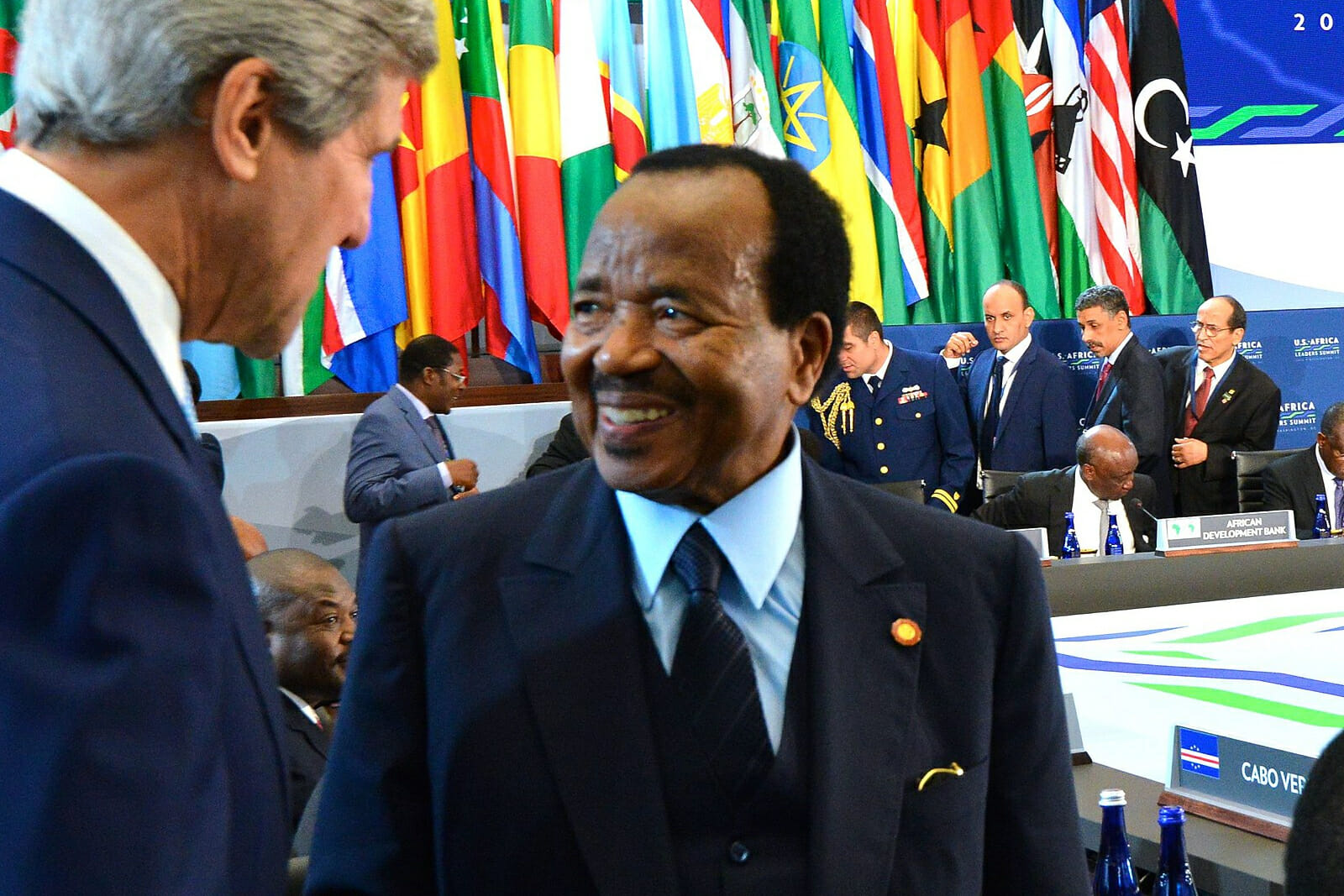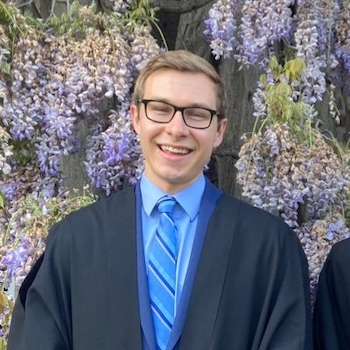
Anglophone Cameroon: Closer to Elections, Further from Peace
In June 2018 the secessionists fighting for the independence of Cameroon’s two Anglophone regions announced their opposition to the October 7th presidential elections. This caused little surprise. The secessionists have long opposed anything that could give the government legitimacy and they weren’t expected to support an election being held by a government from which they aim to secede. From the start, in fact, the secessionists have highlighted the illegality of the Cameroonian government’s presence in the Anglophone regions.
However, the secessionists have done more than announce their opposition. They have stated that they will prevent the election from occurring and they will punish anyone who takes part in it. Additionally, the secessionists called for all civil society organizations to stop election-related activity or face consequences. This is believed to imply kidnapping or murder.
The election threats did not anger the two affected regions because for many who live there Cameroonian elections are considered a scam. People believe the outcome is known before the first ballot is cast. This is doubly so in the Anglophone regions. People there have long felt their representatives are sell-outs. Even before to the secessionists’ remarks. many voters intended to abstain. As stated by a university student in Buea, the Anglophone southwest’s capital, “I am not registered to vote, and I will not do so. Paul Biya controls every single politician running. Even those claiming to be members of the opposition are really just his puppets.”
It is clear that the secessionists are making good on their promise to punish voters. In a break with the past that had seen secessionists merely cutting the Cameroonian flag off the national identification cards, the secessionists started attacking people at roadblocks and checkpoints for possessing voter registration cards in early July. A late July secessionist broadcast promised severe punishment for anyone promoting elections.
As tension and violence flared through July and August and both sides remained dogmatic about their positions — the government insisted that elections will proceed in the Anglophone regions, and as the secessionists promised to prevent the elections from taking place, Cameroonians began to fear that October would see the worst violence yet. Mid-September brought election tensions to a boiling point when the Interim Government released protocols all residents of the Anglophone region were to follow. Namely, that between September 25th and October 4th, everyone would respect restricted movement. During this time, including emergencies, no one was to leave their home. Following this period, the Anglophone regions were to become ghost towns, during which time people were not to leave their homes under any circumstances.
Previous periods of imposed limited movement provoked spikes in violence by both state forces and secessionists. People fled the Anglophone regions. Bus parks in major cities across the regions during the weeks preceding the period of restricted movement were full of people. Many slept overnight waiting to find a seat. Notably, while the outbound buses were packed, the inbound ones were empty. This has led transport companies to double the normal price, making escape yet more perilous. The government’s displeasure with this population flight in the election’s run-up is evidenced by its attempts to demonstrate that the secessionists do not hold sway over the people. However, they have been proven wrong time and again. This was evidenced recently as the southwest region’s governor visited the Buea bus park and begged people not to flee, promising them they would be safe if they remained.
While some of those fleeing hope to return after the election, others are less optimistic. A university student in Buea said, “My father and siblings have left to Yaoundé (the capital) to find a house. I do not want to leave here, but this is getting to be too much. My sister was made to crawl in the mud last year, and so many people have been kidnapped. There is no way things are going to get better anytime soon.”
The government remains steadfast about elections despite the chaos. It is a way of demonstrating its authority over the Anglophone region residents. However, the government does not discount the threat. For instance, only a handful of election-related events have occurred in Buea, the Southwest region’s capital. Notably, all have been held by the ruling Cameroon People’s Democratic Movement (CPDM) and were held in private under tight security.
Yet, the government is determined to have public campaign activities across the Anglophone regions supporting the CPDM. According to a civil servant based there, the government is forcing civil servants to campaign for the CPDM. The anonymous source said, “They said we all have to go out and campaign for Biya in the days ahead of the election. And that if we do not do so our families will face severe consequences. They told us if we resigned the consequences will be even worse. I can only assume this means death. I really have no choice. I can either go out and campaign for Biya and be killed by the Amba or I cannot go and be killed by the government’s military.” Both military and secessionist violence has picked up in the past week. For instance, over just a matter of days, the secessionists kidnapped and killed a general in the city of Buea, and the military killed seven civilians for smoking marijuana.
Currently, a great deal of uncertainty surrounds the situation in Anglophone Cameroon, especially regarding what will happen after the elections. Many hope that the situation will diffuse and allow the local economy — which has been interrupted by violence in recent weeks — to return to normal. However, it appears all too likely that the situation will continue to deteriorate, with violence accelerating on both sides.
